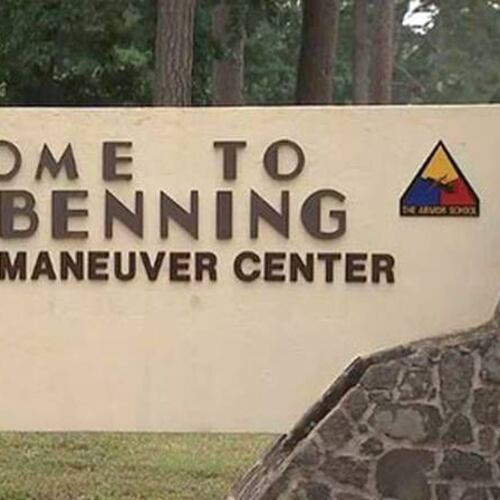Atlanta was the fourth fastest gentrifying city in the U.S. between 2000 and 2014, a just-released federal study says.
The in-migration of people to the city has continued unabated since 2014, as is evident in neighborhoods from the Old Fourth Ward to northeast Atlanta and Vine City.
The Federal Reserve Bank of Philadelphia sifted data from the country's largest cities not just to look at which one is gentrifying fastest, but also to document the effects of gentrification on neighborhood residents.
Just as in-town Atlanta residents won’t be surprised by the fact that the city is one of the fastest-gentrifying, they won’t be surprised by what the study found.
Gentrification brings changes both good and bad. It reduces crime. But it causes rents to go up.
If residents can afford to stay, they are better off.
Some can’t, and have to relocate. Housing prices go up, which increases the wealth of homeowners in the area. But taxes increase also, which may force some of them to sell-out.
The study says that cities will do well to have proactive policies.
“Preserving and expanding the affordability and accessibility of central urban neighborhoods should primarily take a forward-looking approach that seeks to accommodate increasing demand for these areas. A growing recent literature suggests that building more housing (whether market-rate or affordable) is a promising way of maintaining and expanding housing affordability.”
The Atlanta Journal-Constitution took a long look in May at the changes gentrification is bringing to people who live in the city's Old Fourth Ward.
The fastest-gentrifying cities in the U.S. from 2000-2014.
1. Washington
2. Portland
3. Seattle
4. Atlanta
5. Denver
6. Charleston
7. Austin
8. Boston
9. Raleigh
10 Richmond
About the Author
Keep Reading
The Latest
Featured


